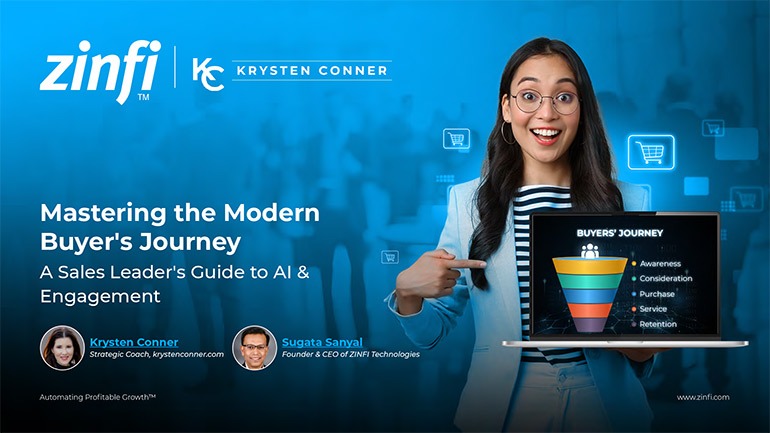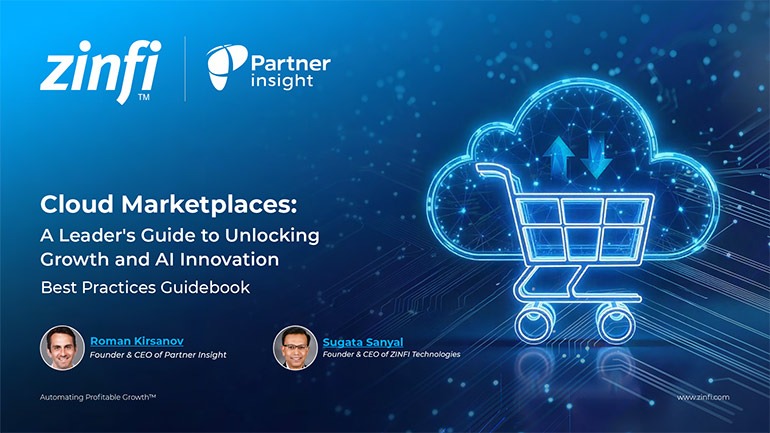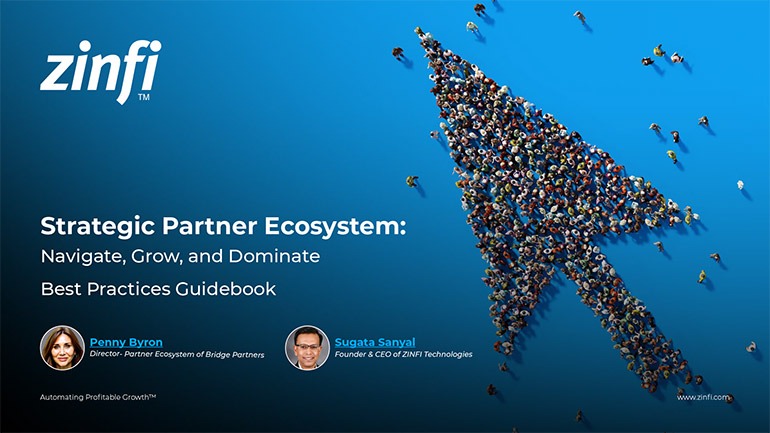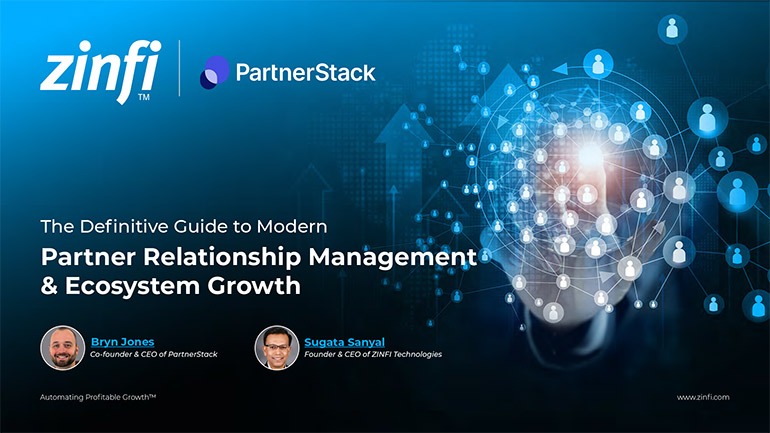Glossary - What is - Partner Loyalty Programs
What are Partner Loyalty Programs?
Partner Loyalty Programs are structured initiatives designed to incentivize and reward channel partners, such as distributors, resellers, and affiliates, for their continued engagement, sales performance, and alignment with a company’s business goals. These programs provide incentives like discounts, rebates, bonuses, or access to exclusive resources to encourage partners to remain committed to promoting and selling a company’s products or services. By rewarding positive behavior and performance, Partner Loyalty Programs help businesses build strong, long-term relationships with their partners.
In partner ecosystem management and automation, Partner Loyalty Programs play a vital role in maintaining high partner satisfaction and engagement levels. By integrating these programs into automated systems, businesses can efficiently track partner performance, allocate rewards, and ensure that the incentive structure aligns with strategic business objectives. Automation also reduces the administrative workload, allowing businesses to manage scalable loyalty programs across diverse partner networks, including those that span multiple regions or industries.
Key Takeaways:
- Driving Partner Retention and Engagement: Partner Loyalty Programs help businesses retain their top-performing partners by providing incentives that keep them motivated and engaged. Companies can recognize and appreciate their partners’ contributions by offering rewards such as bonuses, tiered discounts, or exclusive opportunities. This leads to long-term loyalty, ensuring that partners remain committed to promoting the company’s products over time. Discover how ZINFI’s solutions drive engagement and retention.
- Personalized and Scalable Rewards: One of the strengths of Partner Loyalty Programs is the ability to customize rewards based on partner performance. By implementing a tiered or points-based system, businesses can offer rewards tailored to individual partners or partner groups, ensuring top performers receive the most valuable incentives. Automated loyalty programs also provide scalability, allowing companies to manage programs across large, diverse partner networks easily.
- Automation of Program Management: Managing loyalty programs manually can be time-consuming and error-prone, especially for large partner ecosystems. Partner Loyalty Programs integrated into an automated system help businesses efficiently manage partner rewards, tracking sales performance and distributing incentives based on predefined criteria. This automation ensures accurate, timely reward distribution and minimizes administrative work. ZINFI’s platform offers automation solutions to streamline loyalty management.
- Increased Partner Satisfaction and Trust: Partners are likelier to remain loyal when they know they will be rewarded fairly and on time. A well-structured Partner Loyalty Program ensures that rewards are distributed accurately, increasing partner satisfaction. When partners trust that they will be consistently rewarded for their efforts, they are likelier to remain engaged with the business, fostering a stronger and more collaborative relationship.
- Measurable Performance Insights: Partner Loyalty Programs offer businesses valuable data on partner performance. By tracking which partners are reaching sales targets, participating in training, or engaging in co-marketing activities, companies can identify their most valuable partners and adjust their loyalty programs accordingly. These insights help businesses optimize their strategies and ensure rewards align with business objectives. ZINFI’s platform provides robust analytics to help enterprises to track and maximize partner performance.
Summary of Key Takeaways:
Partner Loyalty Programs help businesses incentivize and reward their channel partners for continued engagement, sales performance, and alignment with business goals. Companies can drive partner retention and satisfaction by offering personalized and scalable rewards, ensuring long-term loyalty. Automating these programs helps streamline program management, providing accurate and timely reward distribution while reducing administrative effort. Additionally, Partner Loyalty Programs provide measurable insights into partner performance, enabling businesses to optimize their strategies and foster stronger relationships with their most valuable partners.
Key Examples:
- Automotive Manufacturing: In the automotive industry, manufacturers use Partner Loyalty Programs to reward dealerships for meeting sales targets, promoting new vehicle models, or participating in product training programs. For example, a manufacturer might offer tiered rewards to dealers based on their sales performance, with top-performing dealerships receiving more significant bonuses or access to exclusive vehicle models.
- Consumer Electronics: Consumer electronics companies use Partner Loyalty Programs to incentivize resellers and retailers to sell specific products or meet certain sales goals. For instance, a smartphone manufacturer might offer points to resellers for each unit sold, which can be redeemed for discounts or bonuses. These programs help ensure that retailers remain committed to promoting the company’s products.
- Energy Production: Energy companies use Partner Loyalty Programs to incentivize distributors and installers of renewable energy products such as solar panels and wind turbines. Partners who meet specific installation or sales targets may receive rewards such as cash bonuses, discounts on future orders, or access to exclusive marketing materials that help them promote energy solutions more effectively.
- Financial Services: In the financial services sector, banks and insurance companies use Partner Loyalty Programs to reward brokers and agents who sell high-value products such as insurance policies or investment accounts. These loyalty programs often include tiered rewards, where top-performing agents earn larger commissions or access to special perks, ensuring their continued engagement.
- Food and Beverage: Food and beverage companies use Partner Loyalty Programs to reward distributors and retailers for achieving sales milestones or promoting new products. For example, a beverage manufacturer might offer bonuses to distributors who increase sales of a new drink in a particular region. These loyalty programs help drive product sales and motivate distributors to meet company goals.
- Healthcare Services: Medical device manufacturers and pharmaceutical companies use Partner Loyalty Programs to incentivize distributors and sales reps in healthcare. Partners who achieve sales targets, complete product training, or participate in promotional activities are rewarded with incentives like bonuses, trips, or exclusive product access, fostering strong, long-term relationships.
- Information Technology: IT companies use Partner Loyalty Programs to reward resellers, system integrators, and managed service providers for selling software, hardware, and cloud solutions. These programs often include tiered rewards, where partners earn points for each sale or successful implementation, which can be redeemed for prizes, discounts, or exclusive access to premium products and services.
- Pharmaceutical Development: Pharmaceutical companies use Partner Loyalty Programs to engage distributors and medical representatives by offering incentives for hitting sales targets or expanding market share for specific drugs. These loyalty programs often include cash bonuses or access to exclusive product information and training, encouraging partners to continue promoting the company’s products.
- Retail Industry: Retailers use Partner Loyalty Programs to manage relationships with suppliers, wholesalers, and distributors. For instance, a retail company might offer loyalty points or bonuses to suppliers who meet delivery targets, introduce innovative products, or participate in co-marketing efforts, encouraging continued collaboration and driving long-term success.
- Telecommunications: Telecommunications companies use Partner Loyalty Programs to reward agents and resellers who sell service packages or devices. By offering points, commissions, or bonuses for hitting sales milestones, telecom companies can motivate their partners to promote premium services, upsell to higher-tier customers, and remain committed to their sales targets.
Conclusion:
Partner Loyalty Programs are essential for businesses that want to drive engagement, retention, and satisfaction among their channel partners. By offering personalized, automated, and scalable rewards, these programs help foster long-term relationships and ensure that partners remain committed to promoting the company’s products and services. Across various industries—from automotive and consumer electronics to healthcare and telecommunications—Partner Loyalty Programs are critical in incentivizing partners to achieve sales goals, participate in training, and stay engaged with the brand. By automating loyalty programs, businesses can efficiently manage rewards, track partner performance, and optimize their strategies to align with business objectives. This leads to stronger partnerships, improved sales outcomes, and sustained business growth.
Associated Keywords:
- Channel Partner Loyalty
- Partner Incentive Programs
- Automated Partner Rewards
















